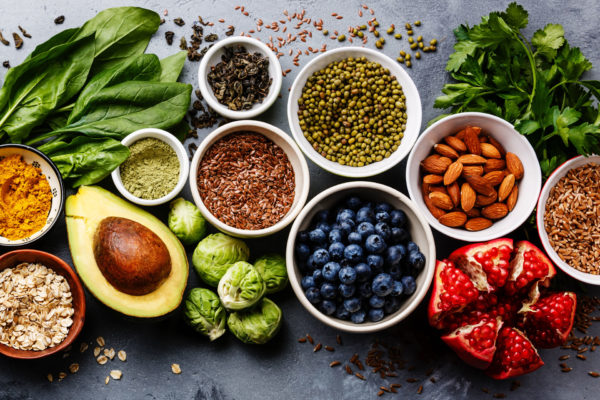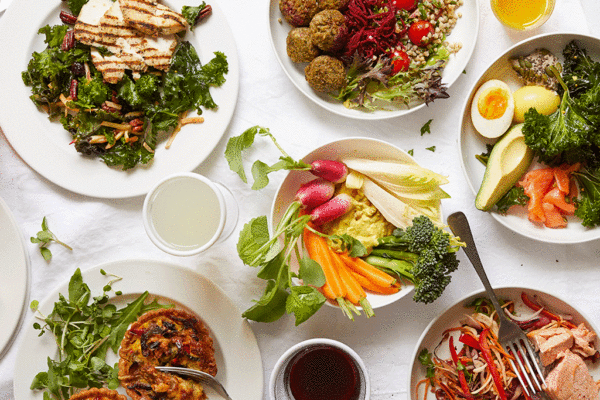What Is The New Food Made Good Standard?
By
2 years ago
The Sustainable Restaurant Association's new accreditation is important for hospitality – and for the planet
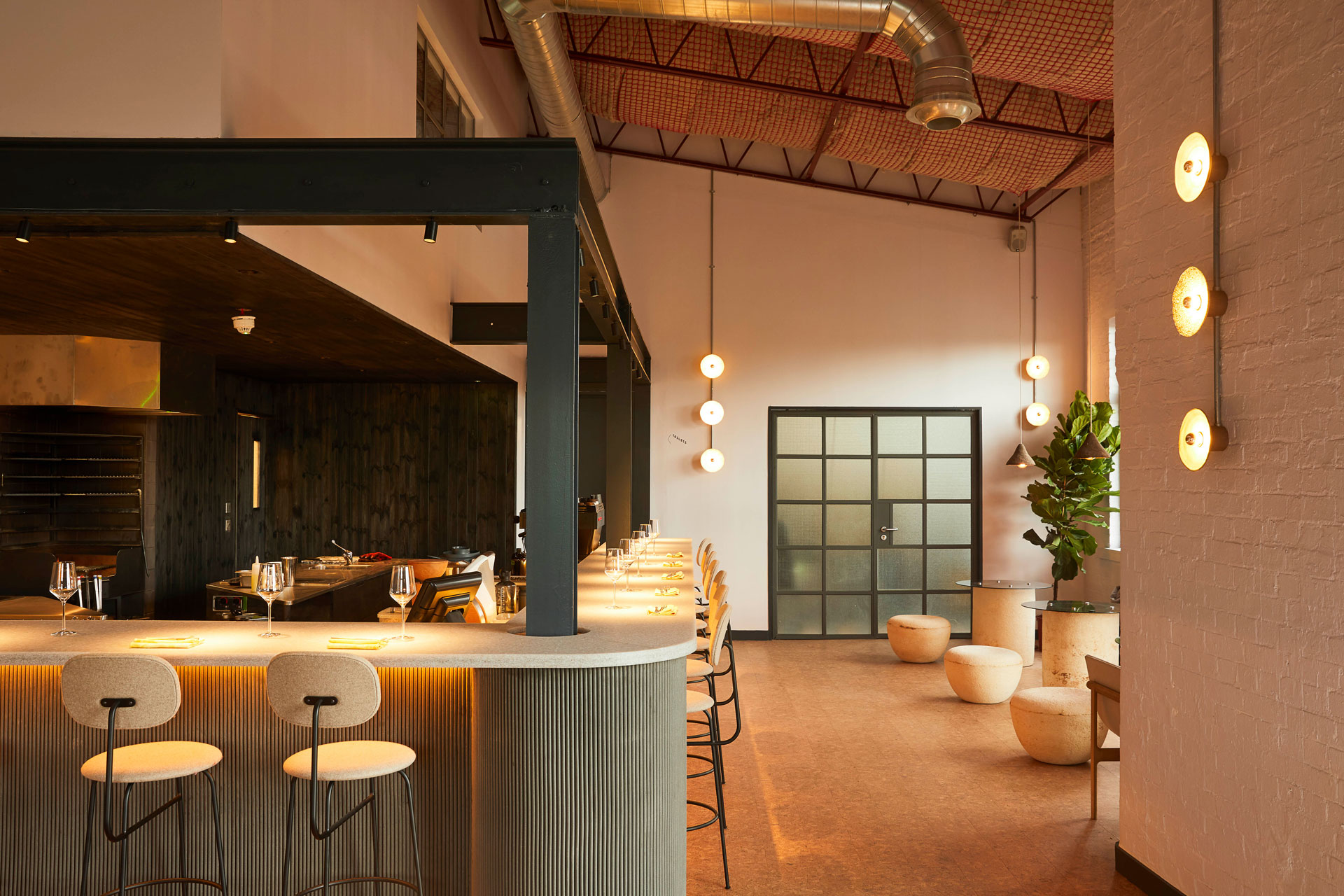
While in the past, picking a restaurant was a simple case of following your food cravings, nowadays there are many more factors to consider. Like in all areas of life, many of us are looking for companies with positive green credentials; in the restaurant world, that means initiatives such as cutting food waste, treating staff fairly and opting for locally sourced, seasonal fare. And now, it’s going to be a lot easier to spot the businesses doing things right, thanks to a new accreditation from The Sustainable Restaurant Association (SRA), the updated Food Made Good Standard (FMG). Here, we speak to Juliane Caillouette Noble, managing director of The SRA, to find out more.
The Sustainable Restaurant Association’s New Standard: Everything You Need To Know
What is the Food Made Good Sustainability Standard?
Created by The Sustainable Restaurant Association, the Food Made Good (FMG) Standard is a global sustainability accreditation for the hospitality industry. The Standard is awarded to restaurants and other F&B businesses that meet a set of rigorous, measurable criteria across three main focus areas: sourcing, society and environment. The accreditation aims to encourage, support and recognise sustainability practices across the F&B industry worldwide.
While the Standard has been in existence since 2010, we’ve just launched a new, updated version that is globally accessible and applicable, and more user-friendly.
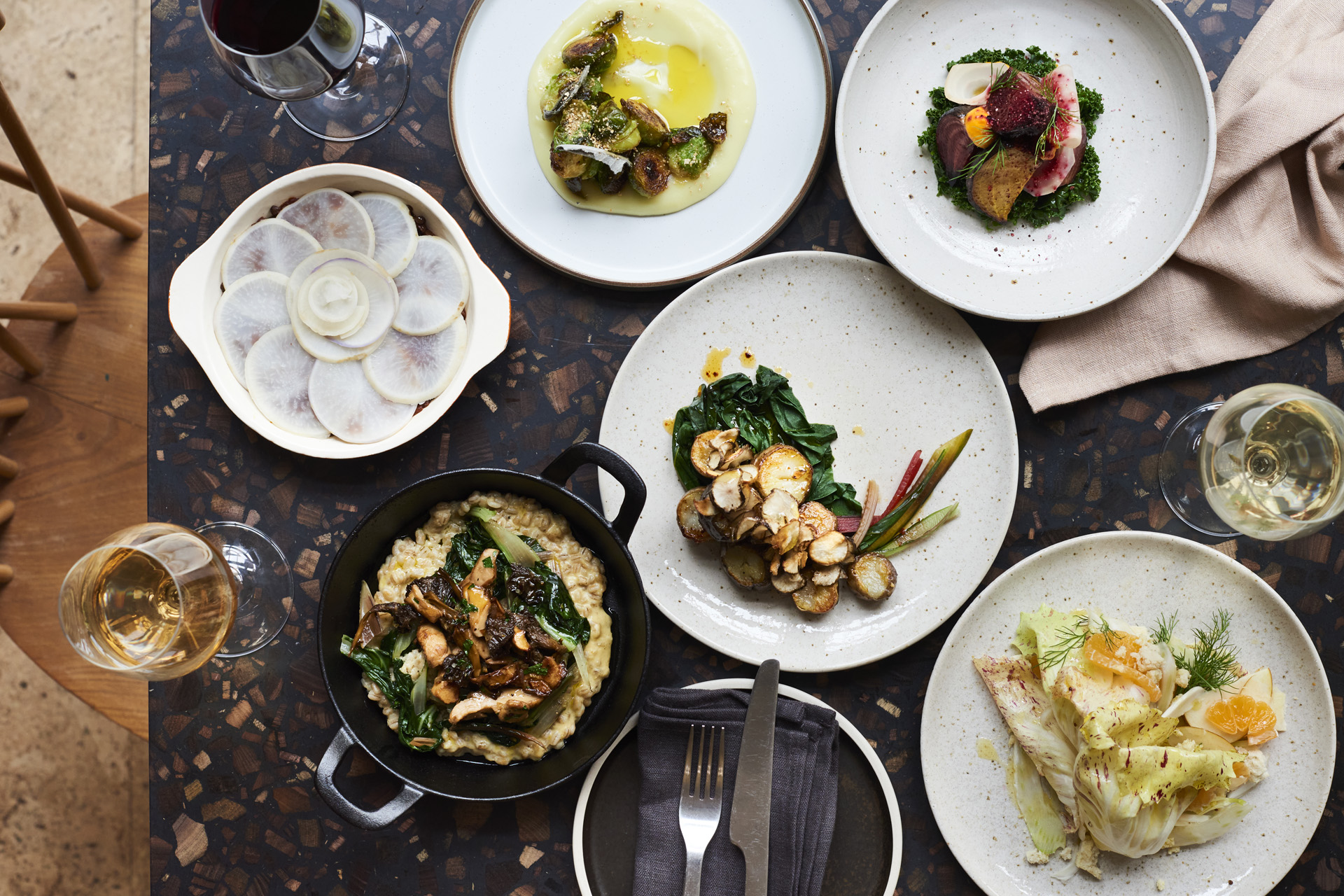
EDIT Hackney
Why is it important?
If we stand any chance of meeting our climate targets, then immediate, radical and sustained change is needed across all sectors, within this decade. Many people are unaware of the enormous environmental impact of the hospitality industry. Here are just some of the problems posed by the industry as things currently stand:
- The food and beverage industries are directly responsible for 30 percent of climate change.
- According to UNEP’s 2021 Food Waste Index, a huge 26 percent of the estimated 931 million tonnes of food wasted every year comes from hospitality businesses.
- The F&B sector needs to cut emissions by 66 percent by 2030, and 90 percent by 2050 (compared to 2010 levels) to ensure that the growth forecast for the industry does not mean a growth in carbon emissions. The industry will need to do even more to limit warming to 1.5oC.
- The restaurant industry generates over 11 million tonnes of plastic waste every year, primarily in the form of single-use items.
- Food production demands an enormous volume of water, with the worst culprits being animal-based products.
- Consumer food choices are swayed by ‘what is available, affordable and accessible, and how it is marketed,’ placing a considerable responsibility on the industry: our menus need a serious rethink. We will not meet our climate targets without changing how we eat, and this will not happen without a real commitment on the part of the hospitality industry.
It is not enough for businesses to signal that sustainability matters; they must demonstrate that they are taking action across all areas of their business. Diners care more than ever about sustainability and are increasingly wary of – and clued into – greenwashing. The Food Made Good Standard is a third-party certification that signals to your staff, suppliers and customers that yours is a progressive business that understands the fundamental importance of doing the right thing for both people and planet, and puts sustainability at the core of operations.
How are restaurants measured? What sort of factors are considered?
The Food Made Good Standard examines a business’s policies and practices across three pillars – Sourcing, Society and the Environment – to give a 360° evaluation of a restaurant’s operations. We look at a wide range of issues. ‘Sourcing’ covers supplier relationships, traceability, human rights, biodiversity, animal welfare and sustainable seafood. ‘Society’ includes workplace practices, community outreach, nutrition and responsible drinking. Under ‘Environment’, we look at carbon emissions, water and energy use and waste management (both food and non-food).
We ask for different pieces of evidence to support clients’ answers, including:
- Written policies, such as a procurement policy, staff handbook, environmental management policy, a supplier code of conduct
- Supplier invoices
- Third party certifications
- Copies of menus
- Training supports
- A copy of a piece of communication about the impact area in question (for example, a social media post)
We have a team of in-house auditors who evaluate each assessment. The assigned auditor will read through the assessment, cross reference the answers given with the evidence provided and check to see that the evidence contains the relevant information.
Any feedback – including flagging inconsistencies, requesting a further explanation, or asking for additional evidence – is reviewed by a second auditor, before it is sent to the client. The client then responds and provides further evidence as needed. After a final review, the auditor puts together a final report for the client. This includes a summary of the client’s overall performance, and identifying actions the client can put in place to improve their impact in the future. The accreditation is valid for two years.
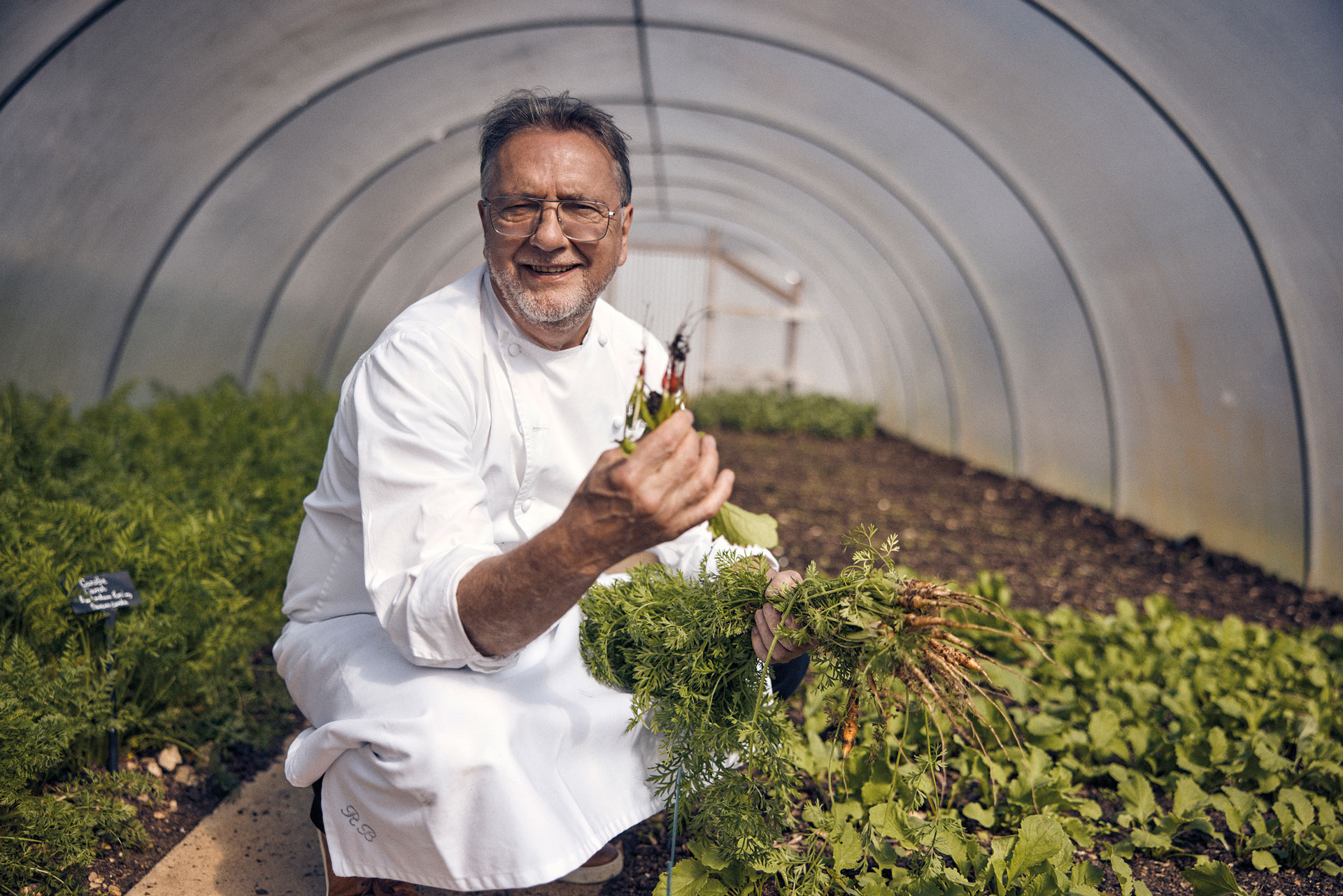
Raymond Blanc at Le Manoir
There are lots of accreditations around – how does this one differ?
It stands out in a few ways.
- The Food Made Good Standard is specifically designed for the hospitality industry, which makes a big difference. This industry has its own inherent challenges that need to be overcome on any restaurant’s sustainability journey – including a huge food waste problem, a long history of treating staff poorly and the fact that an enormous majority of its carbon emissions are generated throughout the supply chain, rather than within the businesses themselves.
- The Food Made Good Standard takes a big-picture, holistic view of what sustainability should mean for the industry. Undertaking this work means a restaurant is not only minimising food waste, carbon emissions or water use, but also implementing sustainable sourcing policies, designing menus that are good for both people and planet, treating staff with compassion and dignity, and getting involved in the local community. The Standard changes what it means to be a sustainable restaurant in the 21st century.
- It’s important to note that, while there are lots of accreditations out there, many of them are not as focused on practical, tangible actions. For example, a business can be a B Corp and still serve eggs from caged hens, or fish that is endangered; a B Corp can still be sending waste to landfill. This is no disrespect to B Corp as an accreditation; it does a lot of fantastic work in building a better corporate world. However, the Food Made Good Standard really shines when it comes to honing in on the specific actions that food-serving businesses need to take – across all facets of their operations – to transform the wider food system.
- Finally, the Standard is now also globally applicable and accessible, meaning that restaurants anywhere in the world can sign up and know that the work involved will be relevant for their business.
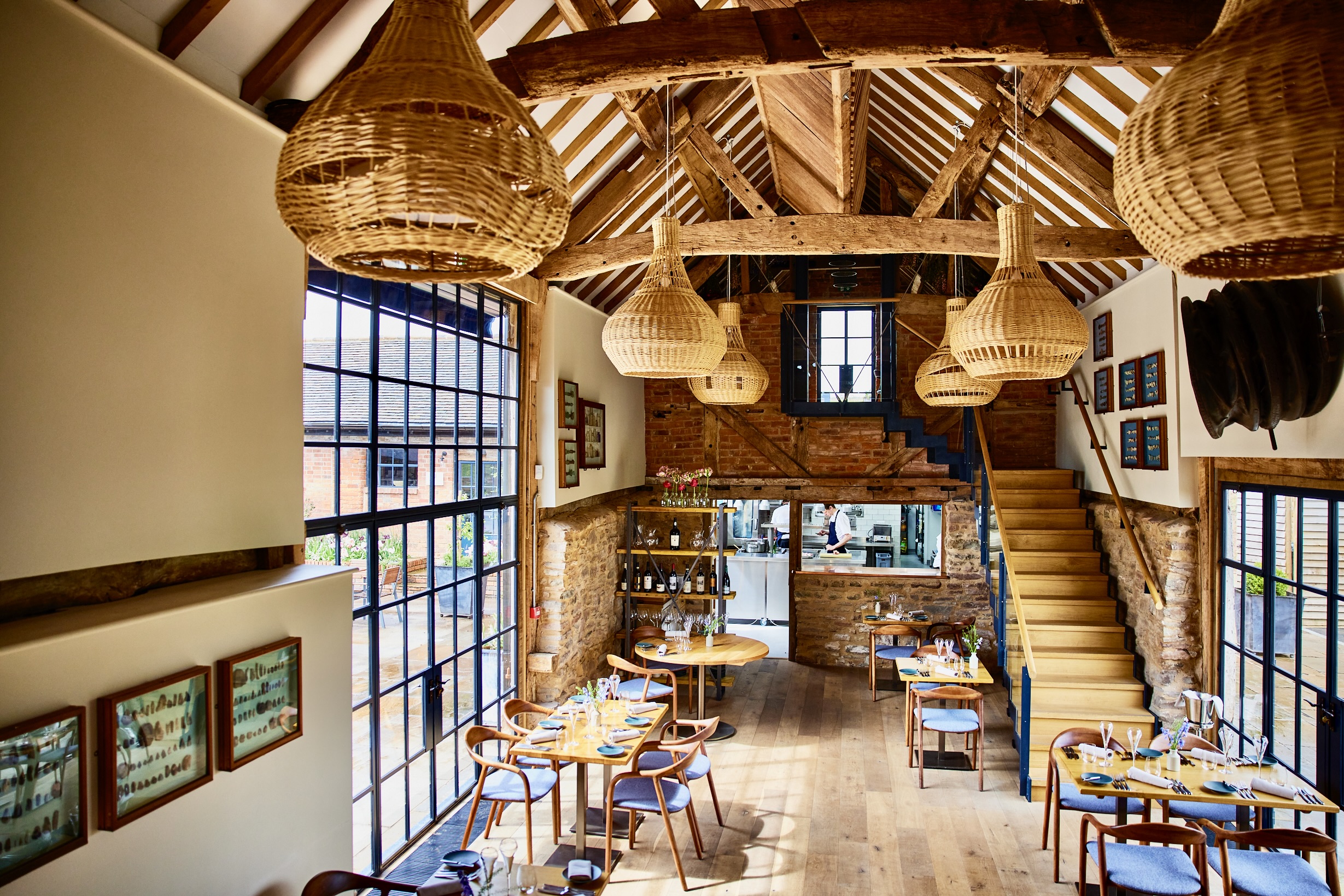
Pensons
Any notable trends you’ve observed within the sector? Cutting-edge techniques restaurants are using?
There’s definitely more happening in terms of transparency on menus, driven by legislation but also by consumer demand. Things like calorie labelling and allergen labelling are paving the way for other types of information to be provided on menus: carbon footprints, water use, food miles – and there’s a big consumer appetite for this sort of transparency. There are also some really exciting initiatives out there that are finding creative ways to repurpose food waste into new revenue streams.
It’s important to remember that sometimes the most impactful sustainability work comes in ‘unsexy’ forms. We recently judged the Sustainability Award for the Estrella Damm National Restaurant Awards, and Pensons Restaurant in Worcestershire won. They have a wide range of relevant, sustainability-focused business practices, but they scooped it in the end because they’ve implemented their own on-site laundry. That might not sound exciting, but this initiative saves 8,300 miles and 15,000kg of CO2 every year compared to the round-trips they used to take to do laundry; generates power entirely from on-site solar panels, saving 1,485kg of CO2 annually; and uses collected rainwater for 75 percent of its water needs. In addition to these significant, quantifiable environmental benefits, the project highlights the growing issue of water scarcity and has even created a new full-time job. Ideas like this – stemming from a practice of continuous self-examination and being open to experimentation – are so impressive.
Find out more at thesra.org
Featured image: Silo London





